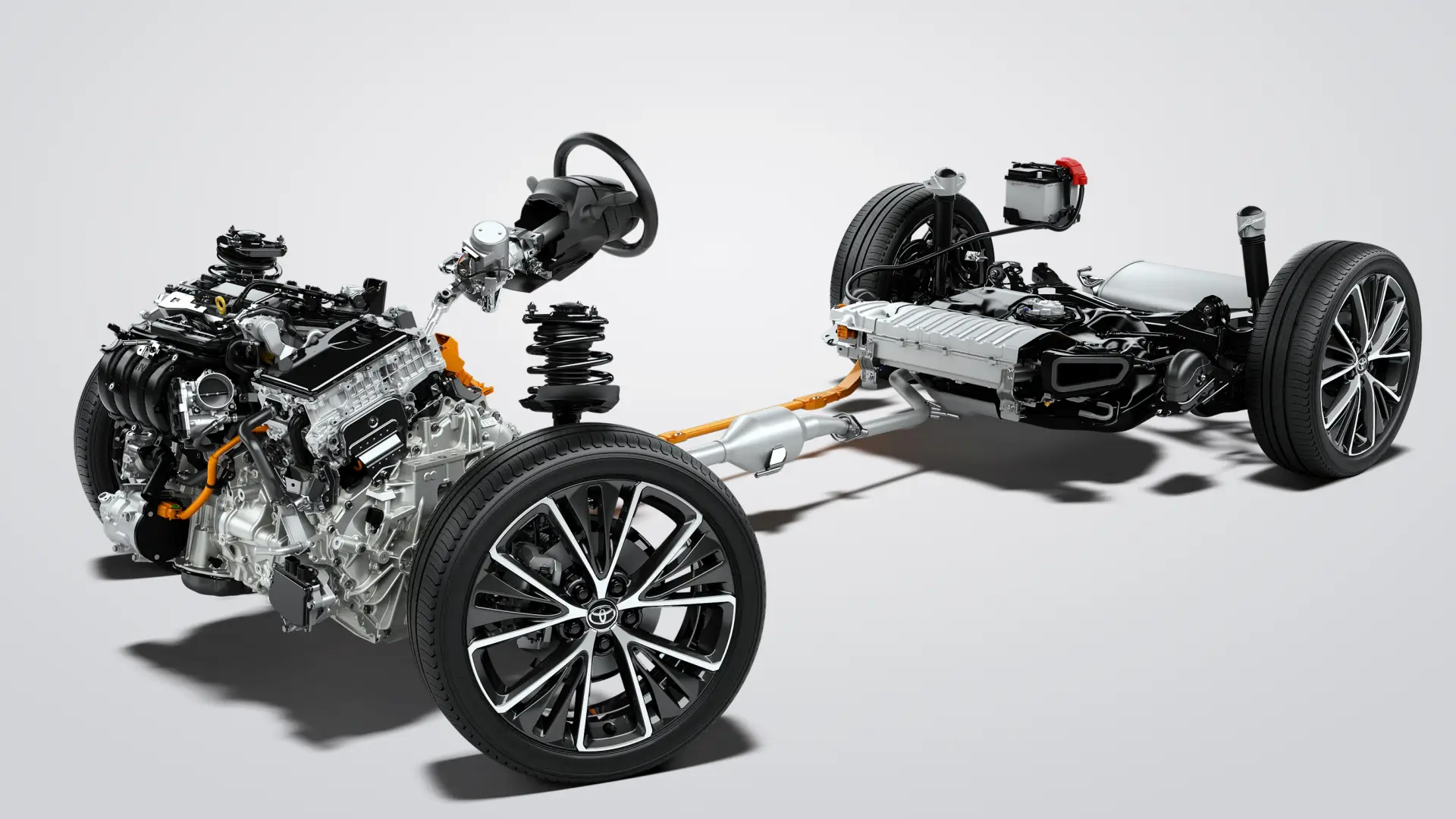Toyota announces plug-in hybrids with 200 km of range
On April 7, Koji Sato, the new CEO of Toyota, offered his first briefing as CEO of the Japanese brand. A highly anticipated moment since it meant the announcement of what would be, officially, the first steps of the Japanese manufacturer after a change as important as this one. The leader announced plans, including 10 100% electric models in the next three years.
This does not mean that Toyota renounces its multi-technology including non-rechargeable hybrids, which will continue to be protagonists in the coming years, accompanied by plug-in hybrids. For these, the manufacturer announced a novelty that should not go unnoticed. Part of the technical development announced by Toyota will be dedicated to batteries and plug-in hybrids will be one of the beneficiaries.
As it has demonstrated with the fifth-generation Prius, Toyota seems to control this technology very well, the result of its experience with conventional hybrids and its R&D programs dedicated to studying solutions so that the batteries offer sufficient range to comply with the expectations of any driver. The low range has been the reason why the Japanese have not launched any 100% electric model so far.
Hiroki Nakajima, the company’s vice president, explained that the brand will “reposition” plug-in hybrids using an intriguing marketing formula: making the PHEV “a practical electric.” The manager indicated with this statement that Toyota intends to launch models equipped with this propulsion system with electric range that exceeds 200 km.
Do PHEVs need more range?
Plug-in hybrids allow you to have the best (and also the worst) of electric and thermal vehicles in a single vehicle. If they are recharged regularly, on daily journeys they behave like an electric ones. And, having a gasoline engine, long journeys are possible without depending on the recharging infrastructure, which is still scarce.

On the other hand, by combining the two mechanics, they have to deal with a greater mechanical complexity, which entails a greater probability of failures and a greater weight, without taking into account the increase that this implies in its price.
Therefore, manufacturers must find a balance between the advantages and disadvantages of this technology to make it feasible not only technically and practically, but also economically. At present, with few exceptions, plug-in hybrids usually reach 50-60 km of range in the WLTP cycle, a figure that, moreover, has been adopted as the minimum for them to be able to access purchase aid. A larger size for its batteries, which today are around 12-20 kWh, means increasing the weight, the space occupied, and the price of the vehicle.
Precisely, the latest plug-in hybrid launched by Toyota, the Prius, already stands out in this sense, reaching 69 km of range with a 13.6 kWh capacity battery. However, the Japanese now speak of a much higher figure, with which practically, on a day-to-day basis, it would not be necessary to use the heat engine.
Therefore Toyota will have to assess all these parameters so that a PHEV with 200 km of range is viable in the market and practical for its buyers. It is possible that the announced improvement in battery and motor technology, which will also apply to its pure electric vehicles, may allow the figure of electric range to be increased within these parameters without precisely cannibalizing their sales.
The post Toyota announces plug-in hybrids with 200 km of range appeared first on Latest Car News.
Latest Car News
Comments
Post a Comment